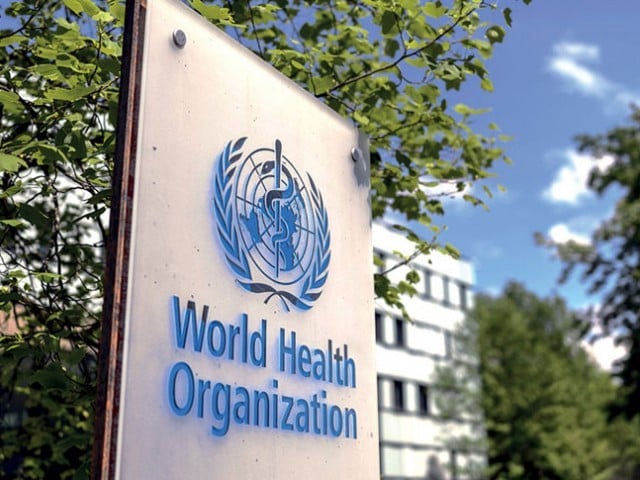After more than three years of intense negotiations, countries around the world have finally agreed on the wording of a historic global treaty aimed at preventing future pandemics—and ensuring the world never repeats the mistakes made during COVID-19.
The breakthrough came early Wednesday morning at the World Health Organization (WHO) headquarters in Geneva, with exhausted delegates wrapping up one last marathon session and sealing the deal around 2 a.m.
“This is a big moment for global health security,” said WHO Director-General Dr. Tedros Adhanom Ghebreyesus. “It brings us one step closer to a safer world.”
The new agreement comes five years after the start of the COVID-19 pandemic, which claimed millions of lives, crippled economies, and overwhelmed healthcare systems across the globe. With new threats like H5N1 bird flu, measles, mpox, and Ebola on the horizon, negotiators knew time was of the essence.
Despite lingering disagreements—particularly around how rich countries should share medical technologies with poorer nations—the final sticking points were resolved. A compromise was reached by specifying that any transfer of technology must be “mutually agreed upon,” easing concerns from nations with powerful pharmaceutical sectors.
One of the core features of the agreement is the proposed Pathogen Access and Benefit-Sharing System (PABS). This would ensure that vital data about viruses and other pathogens is shared quickly and equitably, allowing pharmaceutical companies to accelerate the development of treatments, vaccines, and diagnostics in future outbreaks.
At last, the full 32-page document was approved by all WHO member states. “It’s adopted,” announced co-chair Anne-Claire Amprou to loud applause. She praised the global unity that led to the agreement, calling it “a shared commitment to protect everyone, everywhere, from future health threats.”
The final text will now be formally presented for adoption at the WHO’s annual assembly next month.
World leaders and health experts welcomed the news. European Commission President Ursula von der Leyen posted on X (formerly Twitter): “Excellent news from Geneva. We’ve learned the hard lessons from COVID-19. You can’t beat a pandemic without vaccines, treatments, testing—and global solidarity.”
The European Union had strongly backed more flexible, voluntary terms in the treaty—an approach also supported by the pharmaceutical industry. The International Federation of Pharmaceutical Manufacturers and Associations (IFPMA) emphasized the need for strong intellectual property protections to maintain innovation and investment in future health crises.
While some developing nations and health NGOs felt the final agreement fell short of their hopes, many still celebrated it as a crucial starting point.
As David Reddy of IFPMA put it, “The pandemic agreement is not the finish line—it’s the foundation for what comes next.”















